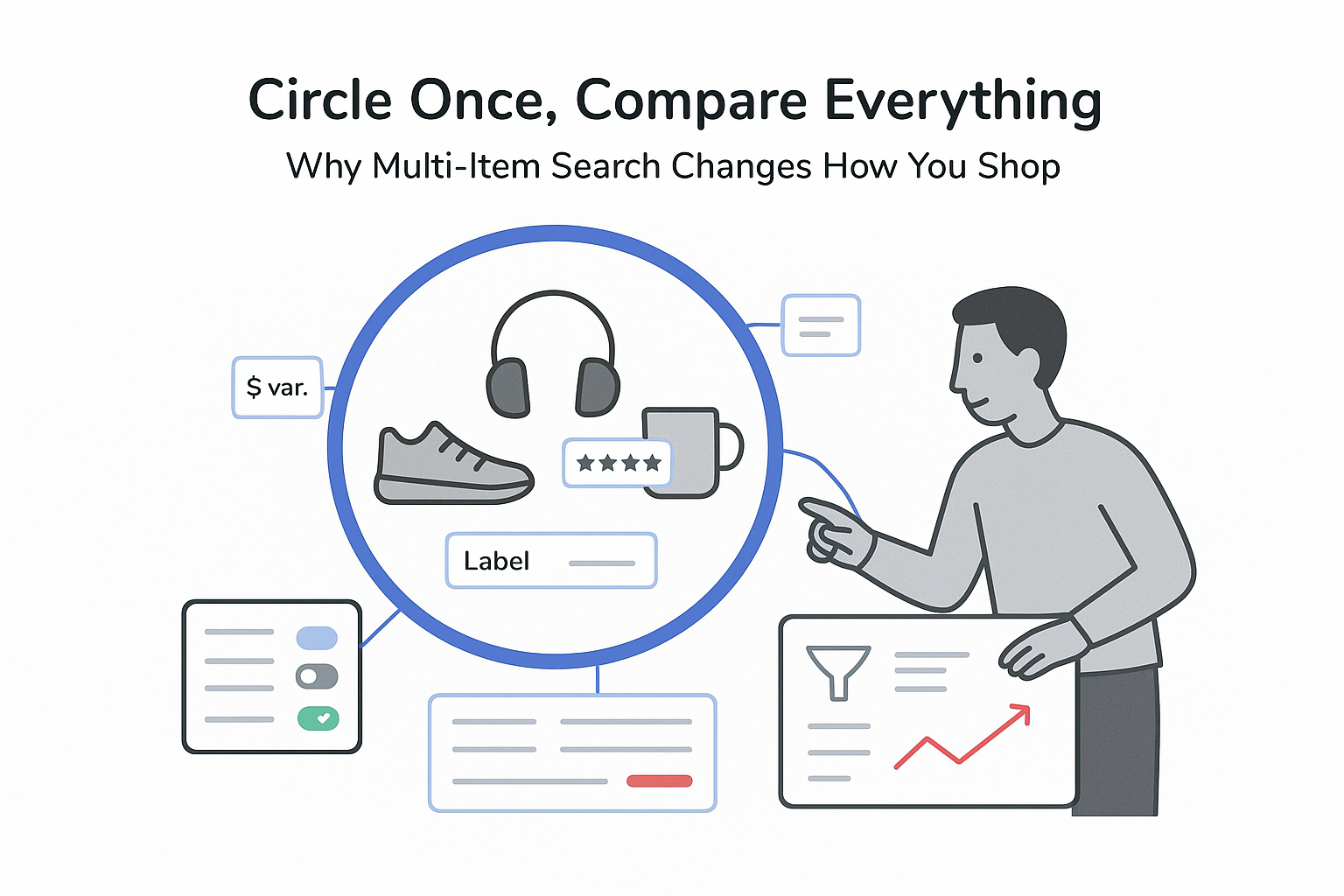WP Engine filed a Second Amended Complaint against Automattic and Matt Mullenweg in ongoing U.S. litigation following a September 2025 court order. The filing revives six claims that were dismissed with leave to amend. Two claims - attempted extortion under the California Penal Code and trademark misuse - were dismissed without leave and are not part of the new pleading.

WP Engine vs Automattic: Second Amended Complaint
The amended complaint addresses issues identified by the court in September 2025. It adds detailed market definitions, clarifies the theories behind WP Engine’s antitrust claims, and expands allegations related to WordPress.org access and use of WordPress trademarks.
WP Engine alleges that Automattic and Mullenweg exercised control over distribution channels across the WordPress ecosystem. As alleged, that control affected plugin visibility, partner relations, and trademark permissions, supporting antitrust and unfair competition claims.
Key Details
- The September 2025 court order dismissed several counts with leave to amend.
- Two claims were dismissed without leave due to legal defects: attempted extortion under the California Penal Code and trademark misuse.
- WP Engine reasserted six claims in the Second Amended Complaint:
- Computer Fraud and Abuse Act
- Attempted monopolization under the Sherman Act
- Illegal tying under the Sherman Act
- Illegal tying under the California Cartwright Act
- Unfair competition under the Lanham Act
- False advertising under the Lanham Act
- The complaint defines four relevant markets for its antitrust claims, as alleged:
- Web content management systems
- WordPress-focused web hosting services
- WordPress plugin distribution via the WordPress.org repository
- WordPress custom field plugins
- Alleged exclusionary conduct includes:
- Control over access to WordPress.org plugin and theme repositories
- Conditions tied to WordPress trademark permissions and community resources
- Pressure on developers and partners regarding integrations with WP Engine products
Background Context
The September order dismissed antitrust and related counts with leave to amend, while dismissing attempted extortion and trademark misuse without leave. The court permitted WP Engine to correct deficiencies and refile its claims.
Following that order, WP Engine reasserted antitrust, Lanham Act, and CFAA claims with additional factual allegations and market definitions. Automattic and Mullenweg are required to respond to the amended pleading under the court’s schedule.
Statement and Source
Matt Mullenweg published a post summarizing the September ruling. In his response, he wrote:
Just got word that the court dismissed several of WP Engine and Silver Lake’s most serious claims - antitrust, monopolization, and extortion have been knocked out!








.svg)